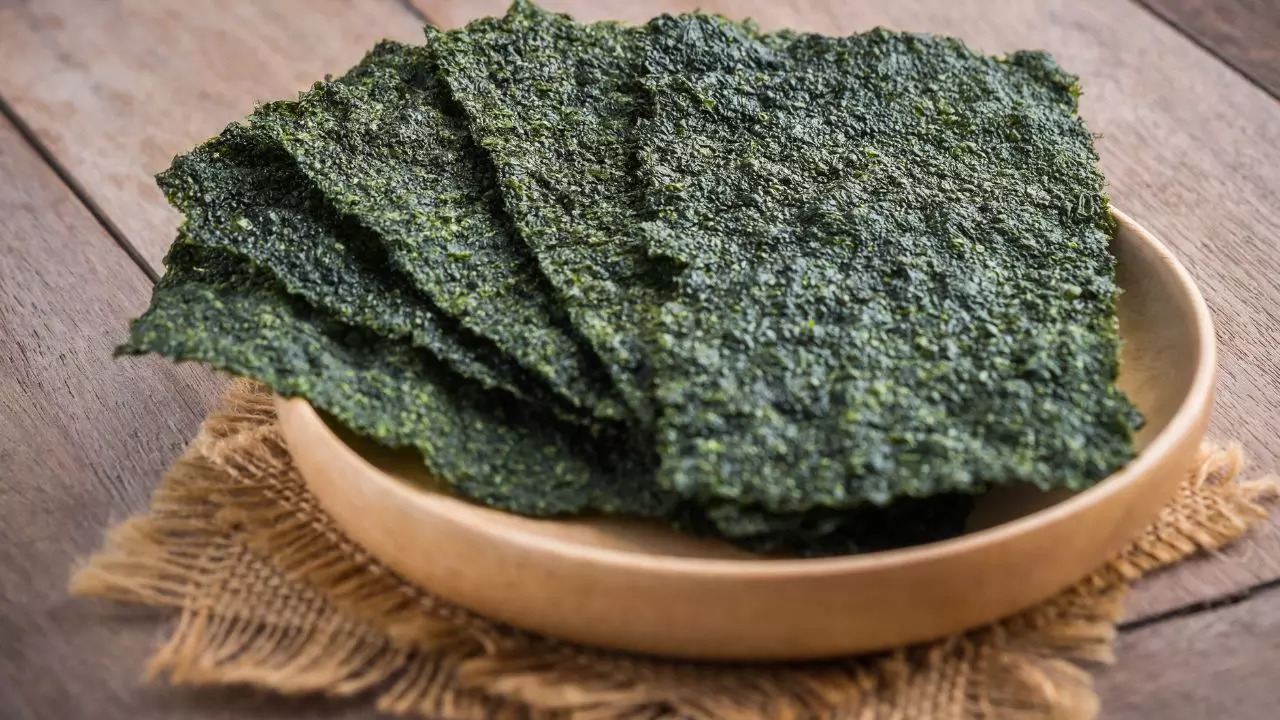Seaweed’s antioxidants may help prevent Parkinson’s disease, study finds
A new study highlights the potential of Ecklonia cava polyphenols in preventing Parkinson’s disease. This research focuses on the role of these seaweed antioxidants in combating the neurodegenerative disease that affects motor control and cognitive function. Read on to learn how seaweed antioxidants help prevent the neurodegenerative disease that affects millions of people.

Seaweed’s antioxidants may help prevent Parkinson’s disease
A recent study has shown that antioxidants in seaweed may be helpful in preventing Parkinson’s disease. The study was led by Akiko Kojima-Yusa, an associate professor at Osaka Metropolitan University. Parkinson’s disease is a progressive disorder that affects the nervous system and the body parts controlled by nerves. The symptoms of this condition start appearing gradually.
The first symptom may be a barely noticeable tremor in just one hand. Tremors are common, but the disorder can also cause stiffness or slowed movement, says the Mayo Clinic. In the early stages of the disease, your face may show little or no expression. Your arms may not move when you walk. Your speech may be soft or slurred. The symptoms of this condition tend to get worse over time as your condition progresses. Parkinson’s disease cannot be cured, however, medications can help manage the symptoms of this condition.
The study highlights the potential of Ecklonia cava polyphenols in preventing Parkinson’s disease. This research focuses on the role of these seaweed antioxidants in combating the neurodegenerative disease that affects motor control and cognitive function.
For the study, the researchers used Parkinson’s disease model mice that were given Ecklonia cava polyphenols orally for one week before being exposed to rotenone, a compound known to induce symptoms of Parkinson’s disease.
The results were promising; rotenone significantly restored impaired motor function. Also, improvements were observed in intestinal motor function and colon mucosa structure.
Professor Kojima-Yusa said, “This study suggests that Ecklonia cava antioxidants can reduce neuronal damage by inhibiting AMPK activation and the production of intracellular reactive oxygen species. It is hoped that Ecklonia cava will be an effective ingredient Prevention of Parkinson’s disease,
Further confirmation came from cellular experiments with Parkinson’s disease model cells, which demonstrated that Ecklonia cava antioxidants activate the AMPK enzyme (adenosine monophosphate-activated protein kinase), an important regulator of cellular energy. This activation inhibited ROS production, thereby preventing neuronal cell death.
These findings provide a promising direction for new preventive measures and treatments, and emphasize the need for further research on the benefits of seaweed-based antioxidants.
According to the Mayo Clinic, since the cause of Parkinson’s is unknown, there are no proven ways to prevent the disease. Some researchers have shown that regular aerobic exercise may reduce the risk of Parkinson’s disease, however, they are not yet widely used or prescribed.
Other research shows that people who consume caffeine are less likely to have seizures. Green tea is also associated with a lower risk of developing Parkinson’s disease. However, this new study brings new hope that it may help cure this disease that affects millions of people worldwide.
(With inputs from IANS)
Get the latest news on Times Now as well as breaking news and top headlines from across health and the world.


